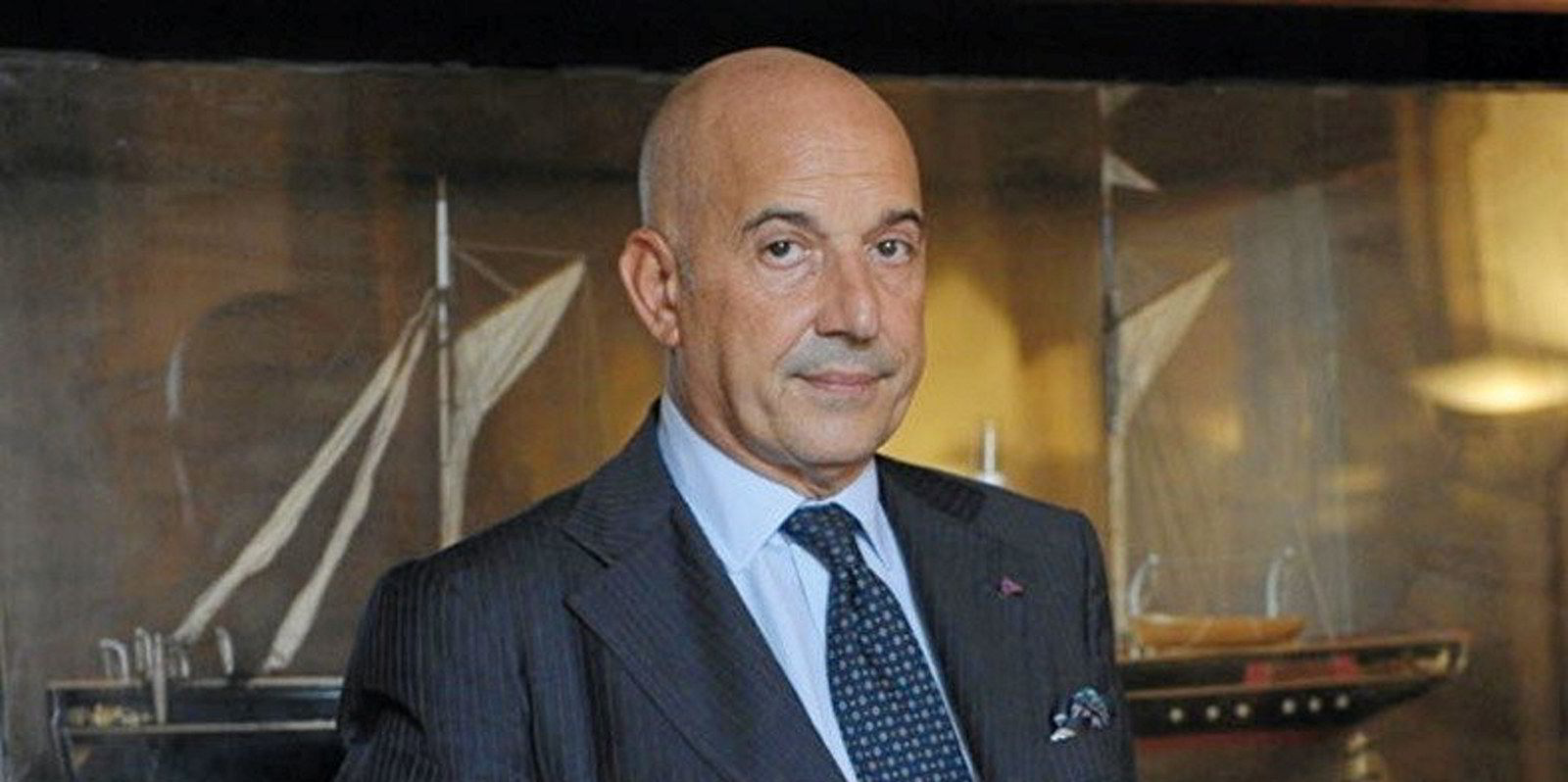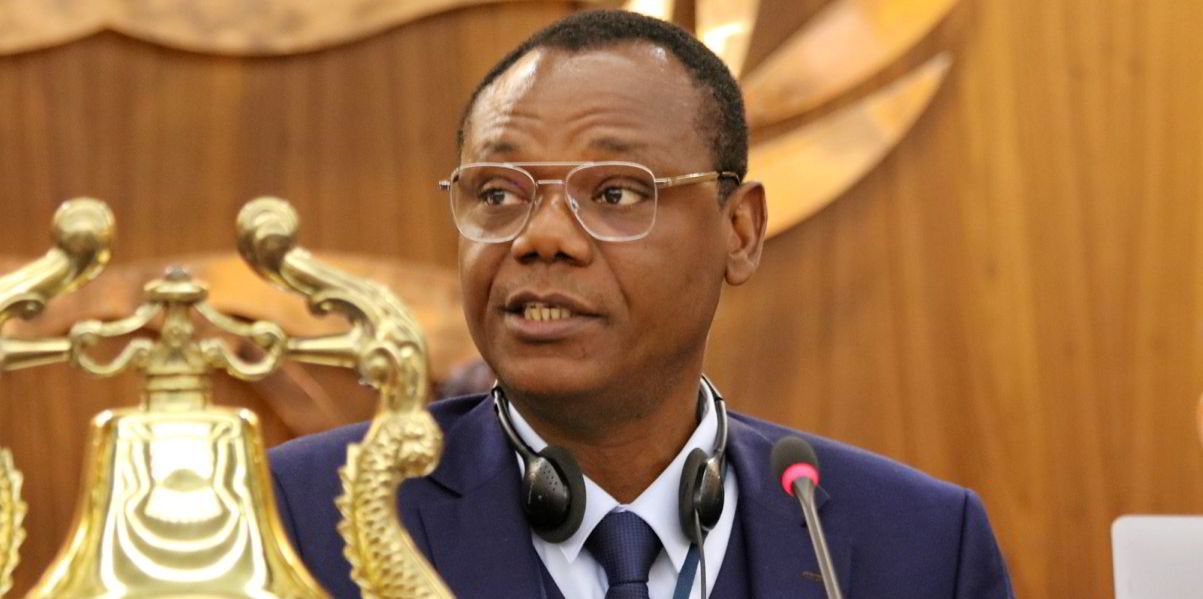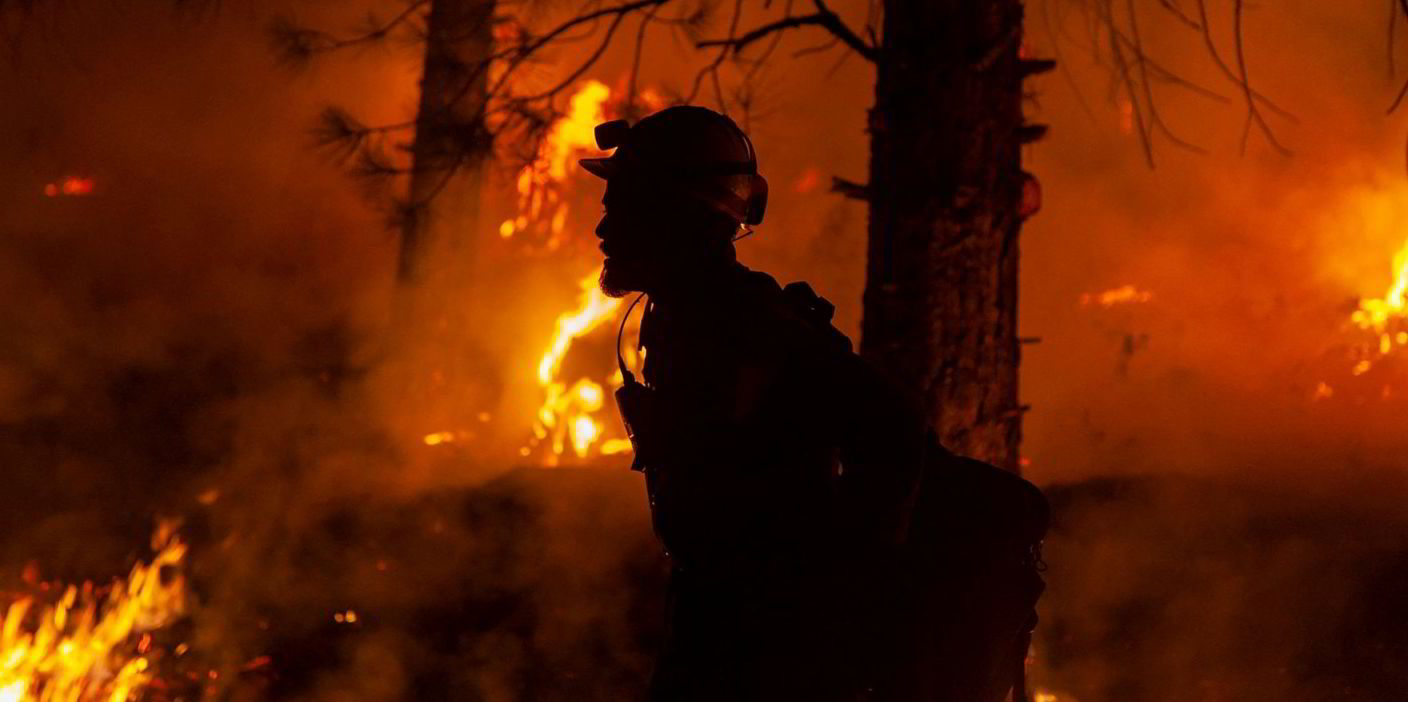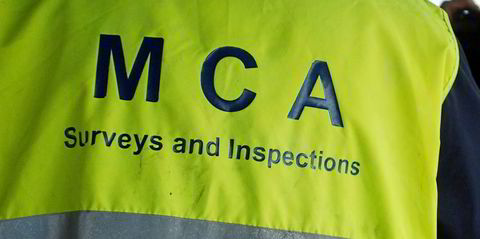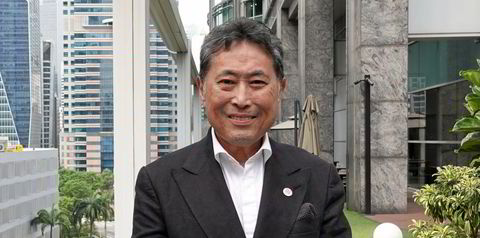On any journey, you need to know the direction you are heading in and the speed at which you set your course.
During the MEPC 80 meet on 3-7 July at the International Maritime Organization, governments agreed on this new course and the speed that we should all travel to reach the destination in terms of decarbonisation.
However, anyone who has sailed knows that setting the course is only the start of the voyage.
We have very ambitious targets to reach, not just by 2050 but by 2040 and 2030, too. To reach them, we need to take a holistic approach.
We must have the low and zero-carbon fuels of the future available and at a competitive price, we must have the infrastructure at ports to handle these fuels, and our seafarers need to be trained to use them. We do not have the luxury of time and all these aspects must be addressed simultaneously.
To date, progress in the development of new alternative fuels has been too slow. The price of low and zero-carbon-emission fuels has been expensive and their availability has been limited, with little or no incentive for shipowners, operators and importantly charterers to adopt these more expensive alternative fuels that would get us closer to achieving the goals set by the IMO.
Spending more money on alternative fuels over conventional fuels means increased costs for charterers. So there must be some kind of means to incentivise and accelerate the uptake of these fuels.
The International Chamber of Shipping has the “fund and reward” proposal that sets out a mechanism that will incentivise shipowners to use these new more expensive alternative fuels.
We also need to ensure that we support the development of the fuel infrastructure so that all can be part of this journey, especially developing economies and their people.
Whatever measure is chosen needs to be put in place urgently because we need to accelerate the production and uptake of these new fuels at a speed and scale never seen before.
If we are to succeed in achieving our ambitions, we also need to derisk investments needed to produce low and zero-carbon emission fuels, for shipping to both move and use, also ensuring appropriate infrastructure is available at ports.
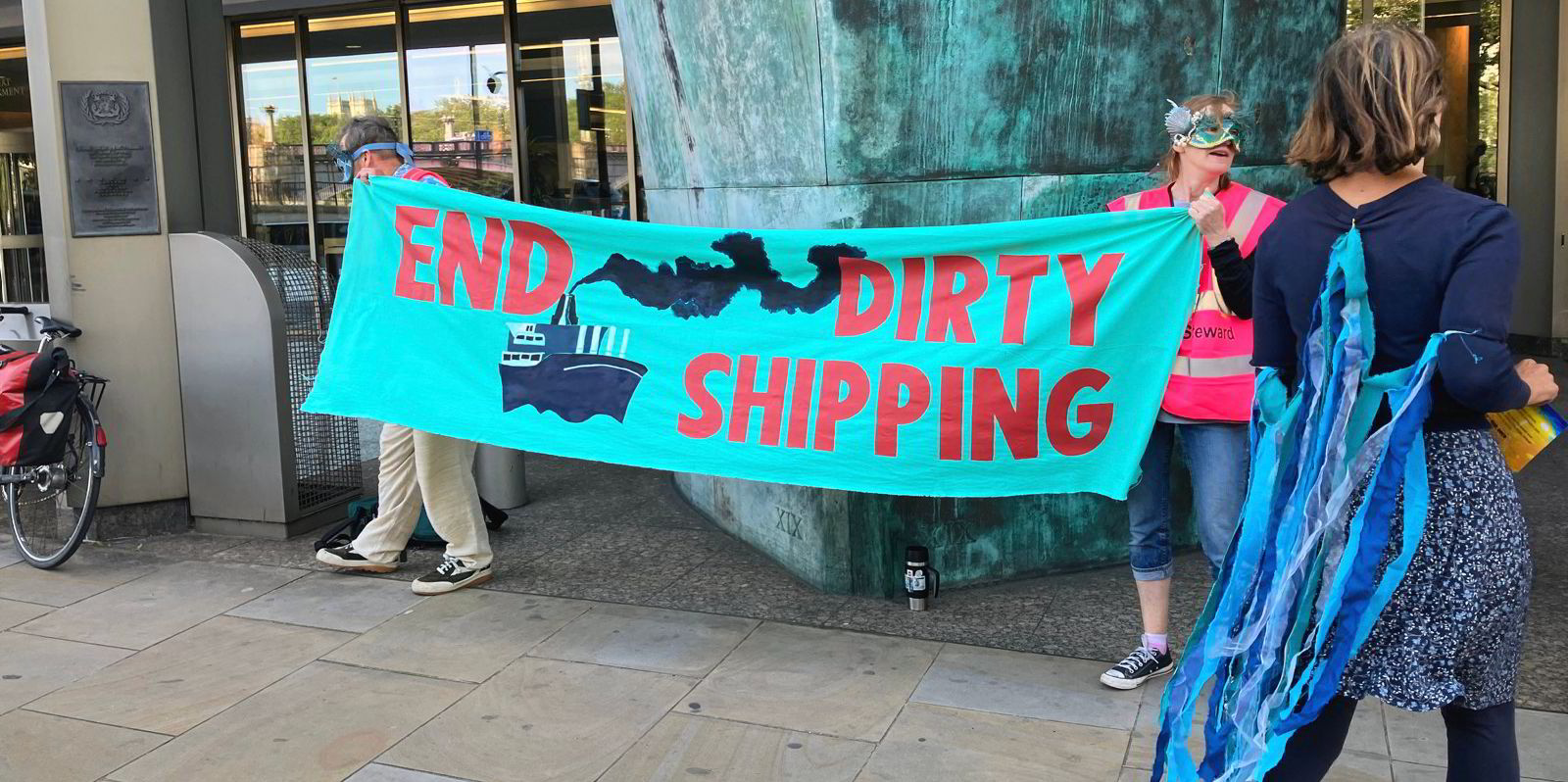
The energy-maritime value chain must be aligned, with all stakeholders collaborating to unlock the production, transportation and use of low-carbon fuels for the world at scale. We need to avoid focusing solely on the fuels that shipping will use to decarbonise itself.
This is about the whole world, and it is why an initiative such as the Clean Energy Marine Hubs (CEM Hubs) is so important. The CEM Hubs looks beyond what shipping needs but ensures that shipping is not forgotten.
The CEM Hubs is a partnership between the private sector and governments across the energy-maritime value chain, ensuring the new fuels that the world is going to use can get to market.
To do this we need to focus on breaking down the silos among producers, consumers and everything in between. We must work together to tackle the collective challenge of decarbonisation, from investment to production, infrastructure and more.
We cannot just focus on price in the energy transition, we must also prepare our people. They are going to be key to our success. Grimaldi Group has a workforce of approximately 12,000 strong, so I am very aware of the scale of the challenge ahead to upskill our workforce.
Fresh skills for ambitious targets
At the recent Seafarer 2050 summit held in Manila, it was clear that we need a human-centred approach to the decarbonisation journey. We need to train our seafarers to use and transport new fuels.
The IMO’s International Convention on Standards of Training, Certification and Watchkeeping for Seafarers review, which was called for by the industry, is due to finish in 2026, but governments need to start preparing for the next generation of seafarers with new skills so that we can deliver on these ambitious targets.
There was a clear call for governments to invest in seafarer recruitment and training to make sure shipping can continue to run efficiently and provide the same high level of service for which we are renowned.
There is a lot of work to do and 2050 is not that far away. Proposals are already on the table, initiatives are well underway and we need to collaborate to keep this momentum going. The success of the IMO’s targets is that we now know where we are going and when we have to arrive. We must now put the building blocks in place to enable this dream to be realised at the speed and scale needed.
Emanuele Grimaldi is chairman of the
International Chamber of Shipping
Do you have an opinion to share?
Email: news@tradewindsnews.com
